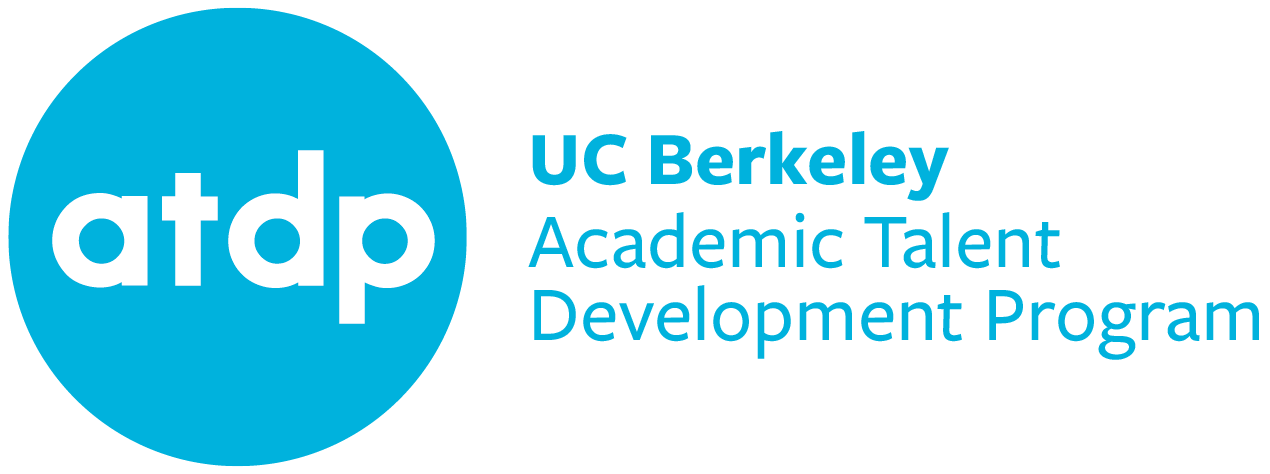When children first begin to learn, they seem to enjoy the process—and so do parents. Just as mastering first steps delights new toddlers and their parents, starting school a big deal: children rush home to tell their parents what they are learning, eagerly reciting the alphabet or counting numbers. Most parents share their children’s joy in meeting these milestones in learning.
However, I have noticed that many students undergo a change in their response to learning en route from elementary through high school. The joy of learning is often muted. Many students go into their classrooms preoccupied with worries about college admissions: what high school grades do I need to get for admissions into a prestigious university? What coaching is available to obtain the best SAT or ACT scores? Instead of joy, I see anxiety and worry lining the faces of both parents and adolescents. The world of learning as I knew it has changed. There is an enormous amount of information for students to absorb as technology has created a gateway to both pertinent and irrelevant minutiae. There is also incredible pressure on young people to hit “benchmarks” in order to be successful. Is this fun? Maybe it is for some, but I question for most. “But Dr. V,” some students say to me, “I have no choice. I must do these things in order to survive academically.” Parents echo similar sentiments. I don’t doubt or question what students must do in order to get ahead. Yet that doesn’t mean that the joy of learning must take a backseat to getting ahead. In fact, enjoying the learning process may actually lead to an academic advantage.

Parents may remember the noted UCLA basketball coach John Wooden, who died in June. While head coach at UCLA from 1948 to 1975, he won ten national collegiate titles (1963-1975), unparalleled by other college basketball coaches. What is exceptional about Wooden’s success is that he never focused on winning with his players. Instead, he emphasized the importance of building character and learning from the process.
It is often difficult to focus on the journey under the pressure of the end goal. However, as a psychologist and Head Counselor at ATDP, this is exactly what I must do. I don’t focus on whether Mario, Janine, Nathan, or Jun is getting an A in class—I focus on the journey. How is Mario studying? Is Janine spending enough time studying? Is it fun? Can I assist them in making it fun and focusing on doing the best job possible in learning? Isn’t this all we can ask of anyone, including ourselves?
While grades are important, learning is about what is happening now, not the endpoint. The mind absorbs material better when it is made relevant, personal, and interesting. With genuine engagement in this learning process, the natural outcome is success.
Throughout the school year, students should remember to (a) work hard, (b) put in the time studying, (c) pace themselves, (d) make it fun, (e) do non-academic fun things, and (f) enjoy the ride.
More on Student and Parent Learning…
- It All Starts With Play by Nina Hersch Gabelko, Program Director
- Study: Metacognition in ATDP Students by Adena Young, Math Department Chair
- Parents Come to Learn by Nina Hersch Gabelko, Program Director
